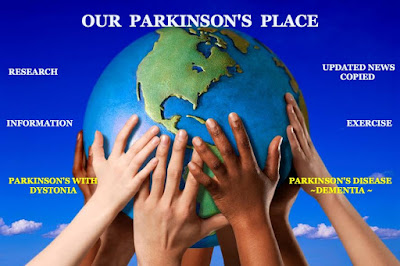The so-called 'blood-brain' barrier, a layer of cells that act like cling film, surrounding each of the brain's blood vessels and protect them from infection, has long been a problem for doctors.
The barrier makes it difficult for life-saving drugs to pass through into the brain cells.
CTV News report that Neuroscientists at Sunnybrook Health Sciences Centre have come up with a non-invasive solution.
Their new technique uses micro-bubbles and ultrasound to penetrate the barrier.
Testing, carried out on animals, has yielded good results.
Doctors are preparing to begin to test the new treatment method on humans.
Bonny Hall is the first patient to undergo the technique.
Hall is a mother, grandmother and business owner who recently learned that the benign brain tumour she has lived with for eight years had started to grow quickly and is malignant.
Though she was very startled by the news, she is now looking forward to being part of this new study.
The type of tumour Hall has is a glioma. The tumours are often difficult to treat because they spread out in a web, and can't be completely removed with surgery.
At present doctors can use chemotherapy to treat what is left behind after surgery, but doctors stress that only about a quarter of the drugs reach the brain.
Dr. Todd Mainprize, the leader of this new study explained that is why brain cancer survival rates are so low.
"Frankly speaking, our ability to treat this type of tumour, glioma, is not good," he told CTV News.
"Between 1940 and 2005, there has been very little progress in improving the outcome of these patients."
Meanwhile doctors are hopeful that Bonny's treatment will be a success.
"My hope is that I can just be a normal mom, a normal grandma," she says.
Online Editors
http://health.einnews.com/article/296036573/Xk5MzcKF6rbFlFeP


No comments:
Post a Comment